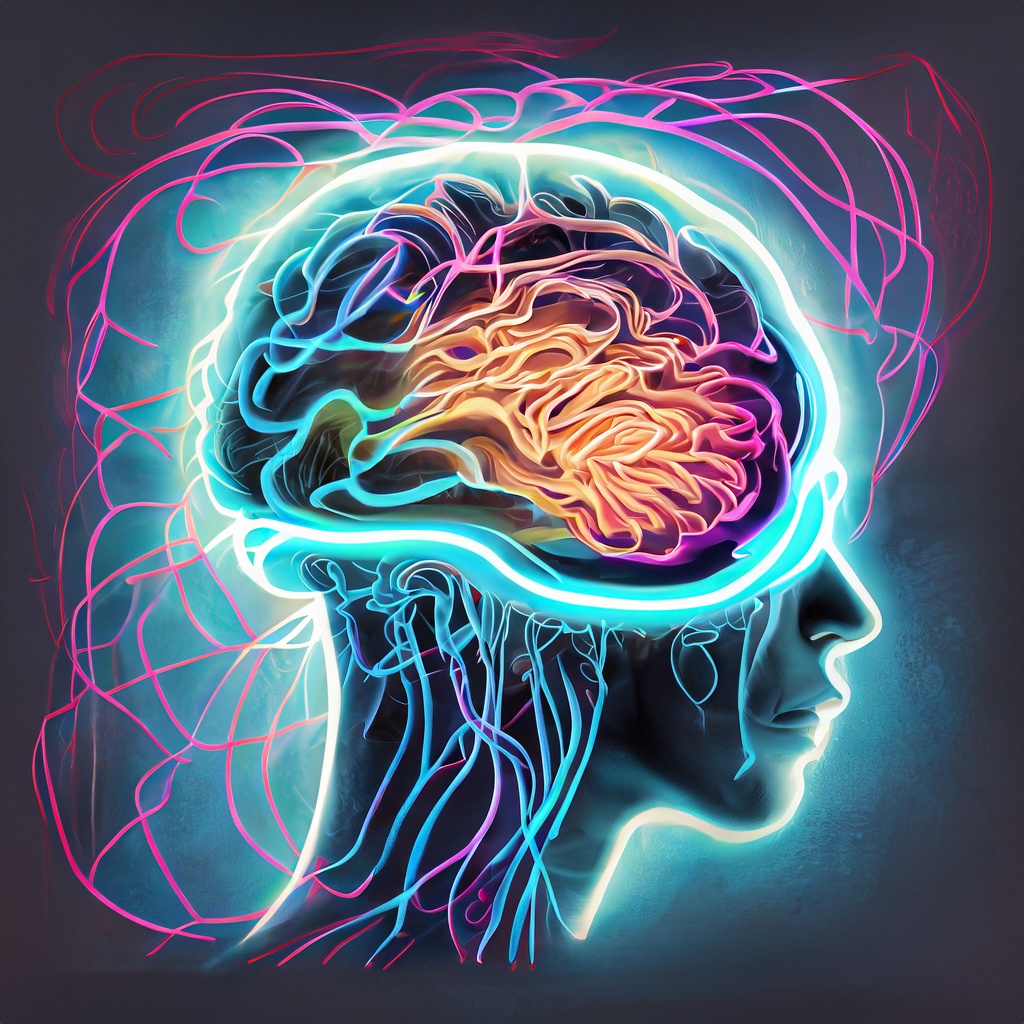
Distraction, Not Dementia
by Cynthia Friedlob
EngAGE Websites & Social Media Manager
I made a shockingly dumb mistake at work the other day. Fortunately, it didn’t cause a problem for anyone except me. But I was baffled. What in the world had I been thinking when I did it? Had I been thinking at all? The mistake was discovered by a much younger co-worker who quite possibly might have wondered if the old girl was past her “sell by” date. Worst of all, that same thought occurred to me.
But I dismissed it. The reason I was not thrown into despair by the absurdity of what I’d done is that there were factors other than brain failure to consider.
When younger people make mistakes, they don’t immediately assume that there is a serious medical problem with their brains, but for older people, there’s often a tendency to leap to that conclusion. It is a legitimate concern, of course. The CDC estimates that about 5.6 million people in the U.S. aged 65 and older have Alzheimer’s Disease or related dementias, which is about 10% of that population, a substantial number.
It’s also been well documented that age correlates with some reduced brain function for all of us. However, every “senior moment” is not a harbinger of doom. Our pervasive focus on that fear means that we often overlook a less dire but still significant problem that affects our mental capabilities: distraction.
dis·trac·tion (noun):
1. a thing that prevents someone from giving full attention to something else
2. extreme agitation of the mind or emotions
While the temptation is to say that distraction is a problem for the young with their unshakeable attachment to their phones and constant stimulation from social media, older people are faced with distraction that affects our ability to focus, too. I believe that the two most common causes are lack of sleep and “overwhelm.”
Lack of sleep
The National Institutes of Health has reported that insomnia increases with age, with up to 50% of older adults in the U.S. reporting symptoms. Older people generally take more medications than younger people, and some of those drugs can affect sleep quality. Conditions like restless leg syndrome and sleep apnea increase with age. Tackling an illness of any kind can disrupt sleep patterns. Older people also usually get less REM sleep, the type of deep sleep that is restorative. Even our circadian rhythms are likely to change as we age.
In addition to physiological causes of insomnia, there are other possible sources related to life stresses such as caretaking or loss of a spouse or partner; financial insecurity; relocating, either by choice or necessity; and feelings of isolation, a problem of epic proportions in our society.
Whatever the reasons for our lack of sleep, the results are well-known to all of us: low energy, a short attention span, and foggy thinking that leads to poor decisions.
Overwhelm
Those same life stresses can get in the way of focusing on what we’re doing in the moment, even with a good night’s sleep. They contribute to the generalized feeling of overwhelm that is the bane of modern life. Also, a lot of this feeling has to do with technology.
My generation was raised on three television networks, a daily newspaper or two, a few radio channels, and landlines that limited us to three minutes for long distance calls or we’d go into debt from the extra charges. If someone called us and we weren’t at home, they’d call again. We had limited choices about all of this and accepted that reality.
But we believed that having more choices would make life better. In some cases, that’s true. However, we’ve discovered that having to make too many decisions amid too many choices can be overwhelming. No wonder. In 2019, an article in Forbes reported that the average adult consumes five times more information every day than their counterpart fifty years ago.
We have access to cable and streaming networks offering so many shows that most of us can’t keep track of them. Online shopping is very convenient, but the many choices can make decisions difficult for even the most mundane items. It’s helpful to be able to get the latest news immediately by hopping online, but not if it sucks us into hours of doomscrolling. We used to get our news only a few times a day; now it’s blaring at us in a 24-hour cycle, even though much of the blaring content is repetitive or filler material.
I see far more ads in an hour online than I would have seen watching an hour of television when I was younger. Most annoying are the ads that litter a website with blinking images and videos playing off to the side as I try to read. Banner ads flash below and above. Pop-ups intrude, asking me to sign up for a mailing list or take advantage of an offer. Clickbait links clutter the bottom of the page, surprisingly even on credible news sites. Sometimes the experience of trying to read an article or post doesn’t feel worth the effort.
On social media, there’s an extra layer of mind-numbing distraction caused by the way those interactive technologies function. Studies have been done, films have been made, and books have been written about how our brains have been changed by overexposure to social media: our attention span has been reduced. We are manipulated by those sites which have as their goal keeping us scrolling, feeding us an unending diet of ads and bite sized bits of information that take our attention away from the rest of life. We may do our best to extract the benefits from what we’re offered (and there may be benefits even beyond convenience and connectivity), but it’s a constant battle to avoid a quasi-hypnotic, usually agitated state.
For many older people, simply adapting to technological change has been a challenge. I adapted years ago, reluctantly, because it was required by my job as a writer. Today, I enjoy the benefits that change has offered, including providing me with an encore career as a social media manager. But I don’t delude myself into thinking that there hasn’t been a price, for me and for everyone. In the past, we weren’t bombarded with non-stop distracting electronic stimuli, and now we are. That doesn’t mean our brains can easily adjust. Perhaps we’ll find out that they can’t adjust at all.
So, returning to my mistake at work, when I think of what was going on at the time it happened, I’m convinced that what contributed to my decision-making ability falling to an unacceptably low level was several nights of insomnia, temporary extra work pressures, and not taking enough breaks from my online life.
Yes, it’s important to pay attention to our mental health, including being aware of symptoms that need to be checked more closely by a doctor. But being aware doesn’t mean automatically assuming the worst if there’s a blip in our memory or a slip up in our decision-making. It means that first we should find ways to get enough sleep, cope with stress, and balance our real life with our online activities. Take a walk. Visit a friend. Write a story. Make art or play music. Water the plants. Reconnect with the world offline. Give your brain a rest. And try not to get distracted.

Cynthia Friedlob is the Websites & Social Media Manager for EngAGE and was a host of the former Experience Talks Radio Show. She is the author of In Praise of the Smaller Life: a journal of memories and musings, an interactive journal. Before joining EngAGE, she was a writer for many years in children’s television and family feature films. Prior to that, she was a vocalist in a jazz trio. She’s been a visual artist for over thirty years. She enjoys her creative, smaller life.



Cynthia,
Thanks for this article. It got through to me. I’m forever being distracted, and fussing at myself for every misstep I make. My whole goal of decluttering is my effort to simplify my life. I am making progress. Hope you are well. Hello to John. Best, Gayle
Belated thanks, Gayle. I’m glad you enjoyed the article and appreciate your response here on the blog.